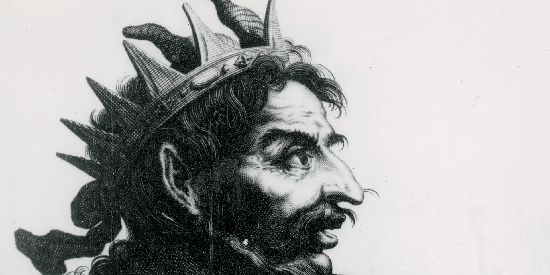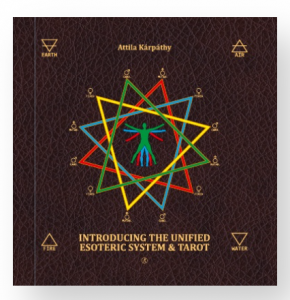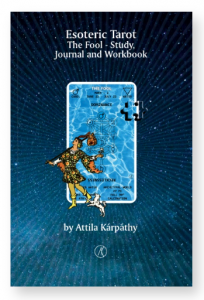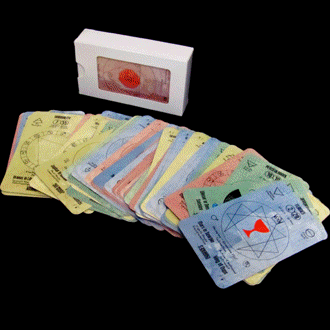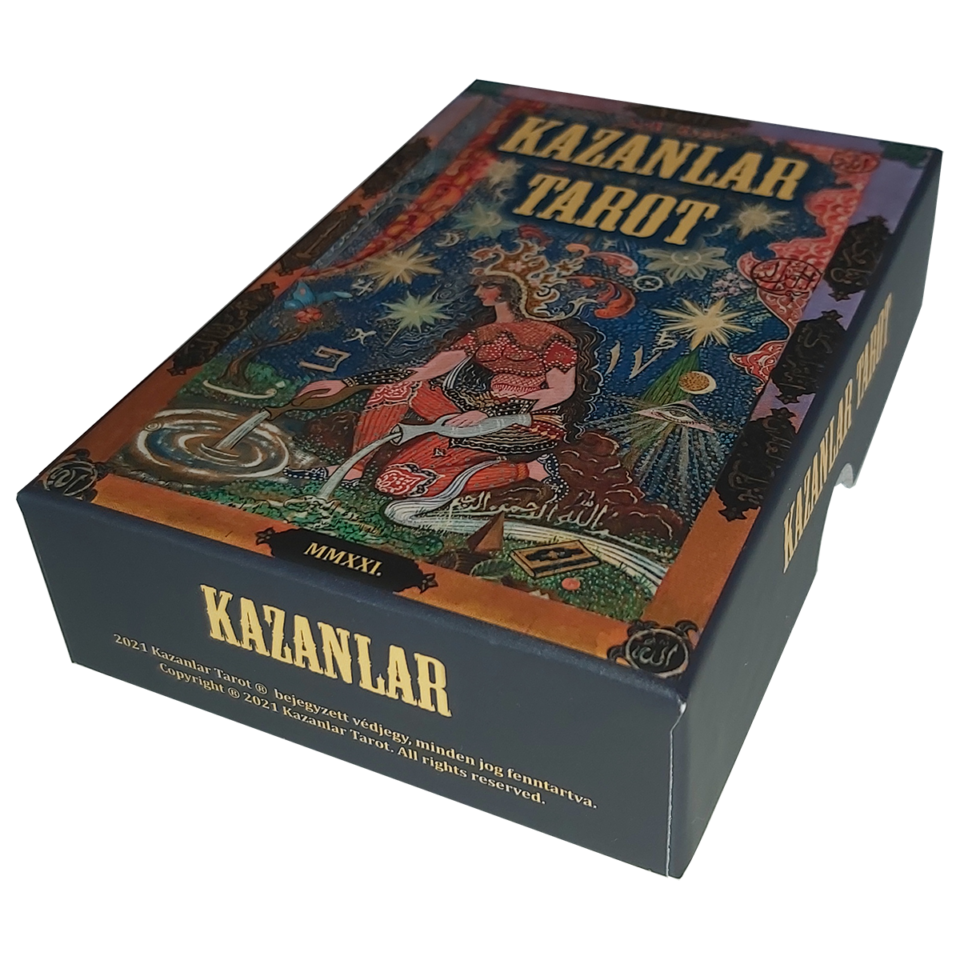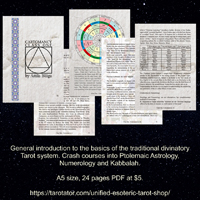According to Wikipedia, in Christianity, a name day is a tradition in many European countries, the Americas, and Christian communities elsewhere. It consists of celebrating a day of the year associated with one’s baptismal name, which is normatively that of a biblical character or other saint. Where they are popular, individuals celebrate both their name day and their birthday in a given year.
The custom originated with the Christian calendar of saints: believers named after a saint would celebrate that saint’s feast day. Within Christianity, name days have greater resonance in areas where the Christian denominations of Catholicism, Lutheranism and Orthodoxy predominate.
In some countries, however, name-day celebrations are not connected to explicitly Christian traditions.
On the seventh of January, Saint John is celebrated in the Romanian – and Orthodox – tradition. It is one of the most popular Romanian names.
Likewise, according to the Hungarian tradition, the name Attila is celebrated on the seventh of January.
Attila was anything but a saint.
The name Attila is most famously associated with Attila the Hun, the fifth-century ruler of the Huns who became a legendary figure in European history. The etymology of the name is debated among scholars, but it is generally agreed to have roots in a combination of Gothic and Turkic languages.
One theory suggests that the name derives from the Gothic word “atta,” meaning “father,” combined with a diminutive suffix, effectively translating to “little father” or “dear father.” Another theory ties the name to Turkic origins, where it might mean “ocean” or “universal ruler,” emphasizing grandeur and dominance.
The meaning of the name thus varies depending on its linguistic interpretation, but its association with leadership and prominence is a recurring theme. In historical and cultural contexts, Attila is often seen as a symbol of strength and conquest, attributes that have contributed to the name’s enduring legacy.
Attila the Hun’s reign (circa 434–453 CE) left a profound mark on European history. Known as the “Scourge of God” by his Roman adversaries, he led his forces across vast territories, from the steppes of Central Asia to the heart of Western Europe. His campaigns were marked by military genius and brutal efficiency, earning him a reputation as one of history’s most feared conquerors.
Beyond his military exploits, Attila’s name became a cultural symbol.
Despite his notoriety as a ruthless warrior, historical accounts depict him as a shrewd diplomat and leader who unified a vast and diverse empire. Attila’s legacy ensured that his name would be remembered for centuries, often symbolizing strength, ambition, and leadership.
Over time, the name Attila spread beyond its Hunnic and Gothic origins, becoming popular in various cultures, particularly in Hungary, Turkey, and other regions influenced by Central Asian and Eastern European traditions. In Hungary, for example, Attila is a common male-given name and holds a place of pride due to the historical connections between the Huns and the Hungarian people, who consider the Huns among their ancestors.
While Attila the Hun remains the most renowned bearer of the name, several other notable individuals have carried it, contributing to its lasting appeal.
One such figure is Attila József (1905–1937), a renowned Hungarian poet whose works are celebrated for their depth, emotional intensity, and exploration of social and existential themes. József’s contributions to literature earned him recognition as one of Hungary’s greatest poets, and his name continues to inspire artists and intellectuals.
Another prominent Attila is Attila Pataky (born 1951), the lead singer of the Hungarian rock band Edda Művek.
Attila Csihar (born 1971) is a Hungarian musician known for contributing to the black metal genre. Csihar gained international fame as the vocalist for the Norwegian band Mayhem, becoming a key figure in the metal music scene.
No mention yet of Attila Kárpáthy. I’m looking forward to seeing my statue decorated with bird shit.
#attilakarpathy #unifiedesoterictarot

